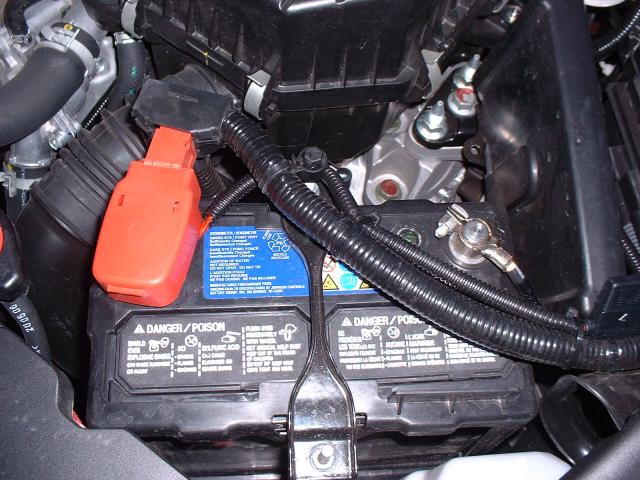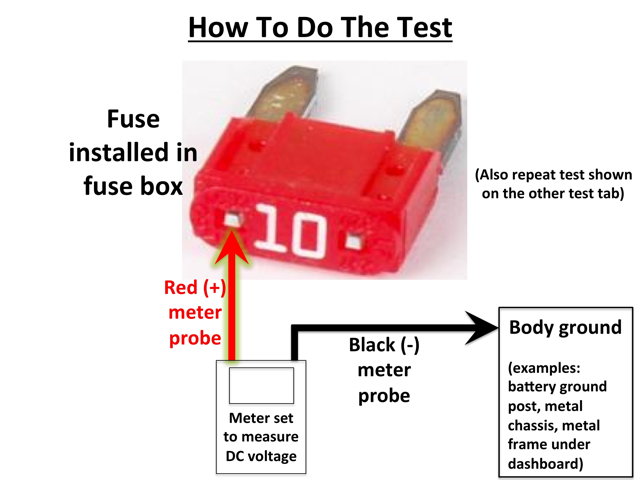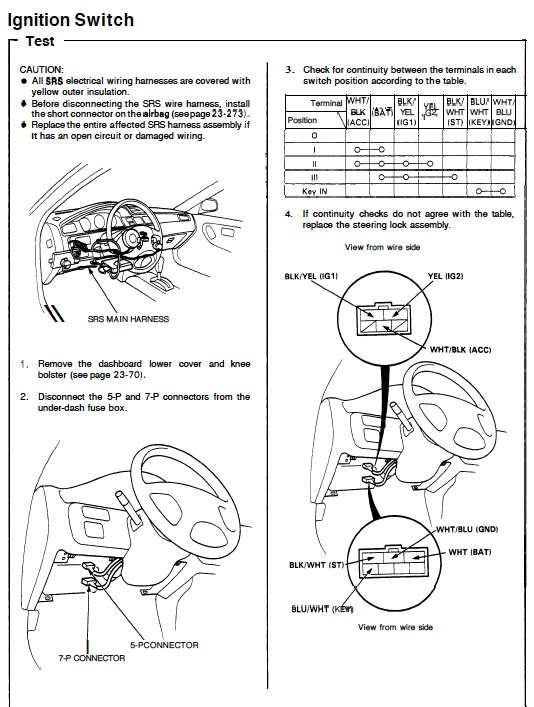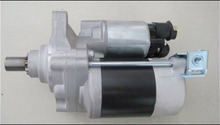Honda Civic: Why is My Civic Not Turning Over?
There are numerous reasons that could cause a Civic to not turn over. It could be a potential electrical or mechanical issue that would cause a problem like this. This article will go over the four most common issues preventing your car from turning over. So continue reading.
This article applies to the Honda Civic (1992-2000).
Nobody likes it when their car doesn't want to start. It can be a real headache, and even worse if you are in a rush to go somewhere. This article will go over the top reasons that are usually the cause for a Civic not wanting to turn over.
Step 1 – Check the battery
The absolute first thing to check is your battery. It is the most common issue causing Civics to not turn over. If your battery is not fully powered, it will still show lights on your dash, but not have enough power to get your starter working properly. An easy way you can quickly test your battery is to turn on your headlights, and take a look at them. If they look dim or weak, that is an indication that your battery may be weak or have a poor terminal connection. This is just a quick test, so it is still recommended that you get your battery tested before moving on. In all reality, you should have your battery properly tested before you rule it out.

Pro Tip
If you do the headlight test and decide your headlights look dimmer than usual, make sure the terminals have good connection. Clean them up, and tighten the connections. Then, you can proceed to take your battery to get tested at your local auto parts store for free.
Step 2 – Check the outside and inside fuse box
Another simple fix is an easy fuse replacement. Check the fuse box inside the car, and also the one located under the hood. Check all the fuses for a blown fuse, and not just the ones you think are relevant to the issue. Having a test light makes this step go faster. Don't over look the basic things like replacing a blown fuse.

Pro Tip
A test light can cost between $15 to $25. Battery voltage on each tab should be approximately 12.5 volts. If voltage readings differ significantly from both tabs, the fuse is bad. If voltage is only measured on one tab, then replace that fuse.
Step 3 – Inspect your starter
First, you want to make sure your starter connections are good. They are located under the distributor. If you haven't done any recent work to your starter it is very unlikely that your starter connections came loose. Regardless, you should have a look. Next thing you want to try is to tap the starter a few times with a hammer or even a big wrench. This can sometimes re-establish a connection if the starter has something wrong. If your car still doesn't turn over, check to see if your starter solenoid is getting power. If it is not getting power, then you know that the issue is elsewhere and not your starter. If you're getting battery voltage to the starter, the problem could be the starter.

Pro Tip
If you're getting power to your starter, then it's likely that your starter is indeed bad. A new starter will run you around $100.
Step 4 – Check ignition switch
This step is for those that did not get a battery voltage reading to their starter solenoid. Your ignition switch could be the problem. A common indicator of a bad ignition switch is if the dash warning lights do not come on when the key is placed in the 'II' position. If you are inspecting your ignition switch, a give away that your ignition switch is bad is if it has burned contacts.

Pro Tip
'94 and up Civics are known to have ignition switch problems. A new ignition switch will cost around $80.
Related Discussions
- EK Civic Won't Start - Honda-Tech.com
- '98 Civic, Cranks Won't Start - Honda-Tech.com
- Civic Won't Start - Honda-Tech.com






